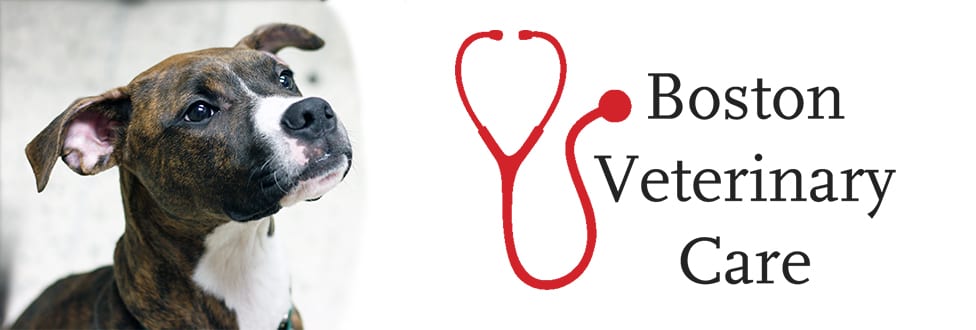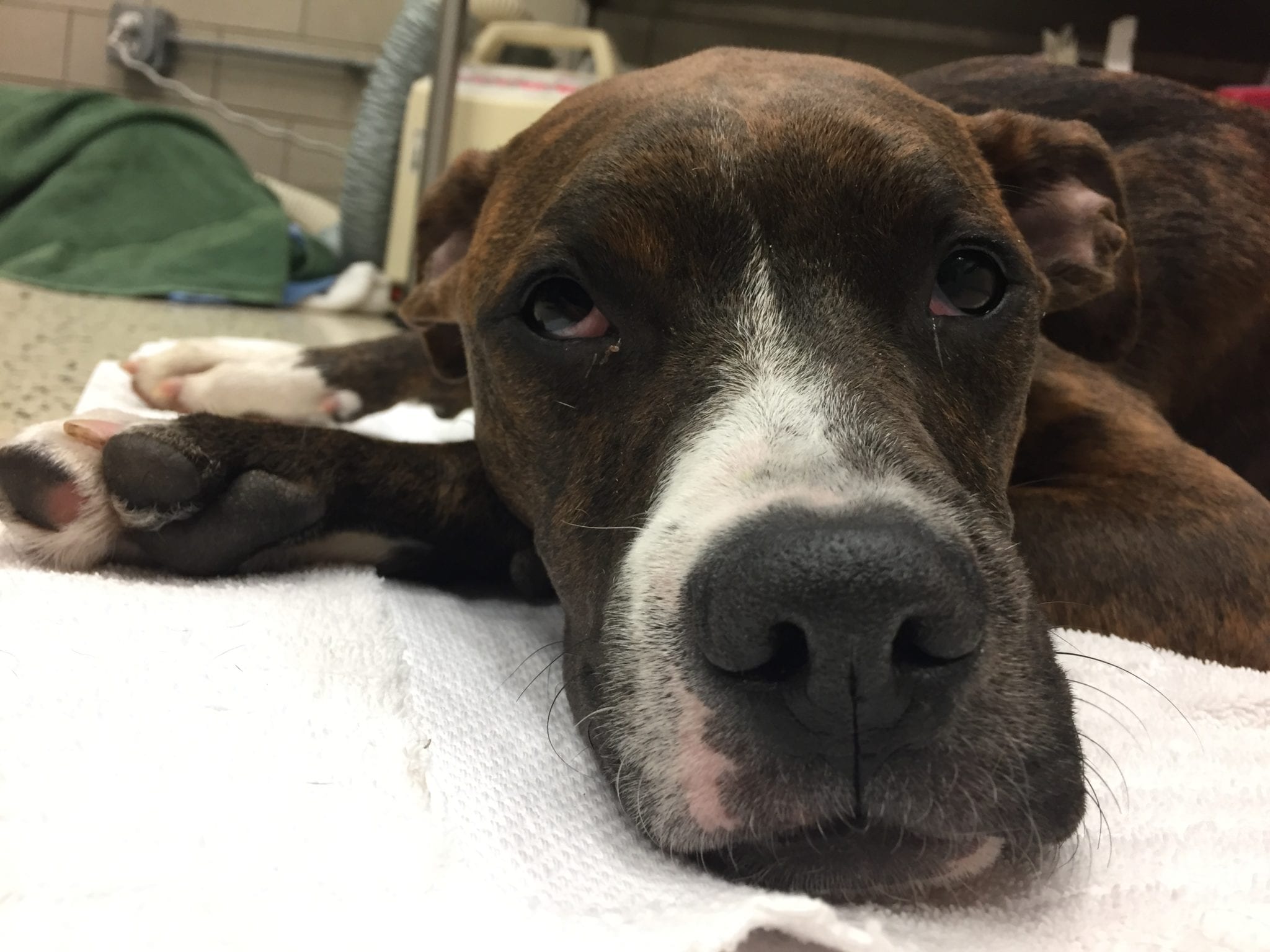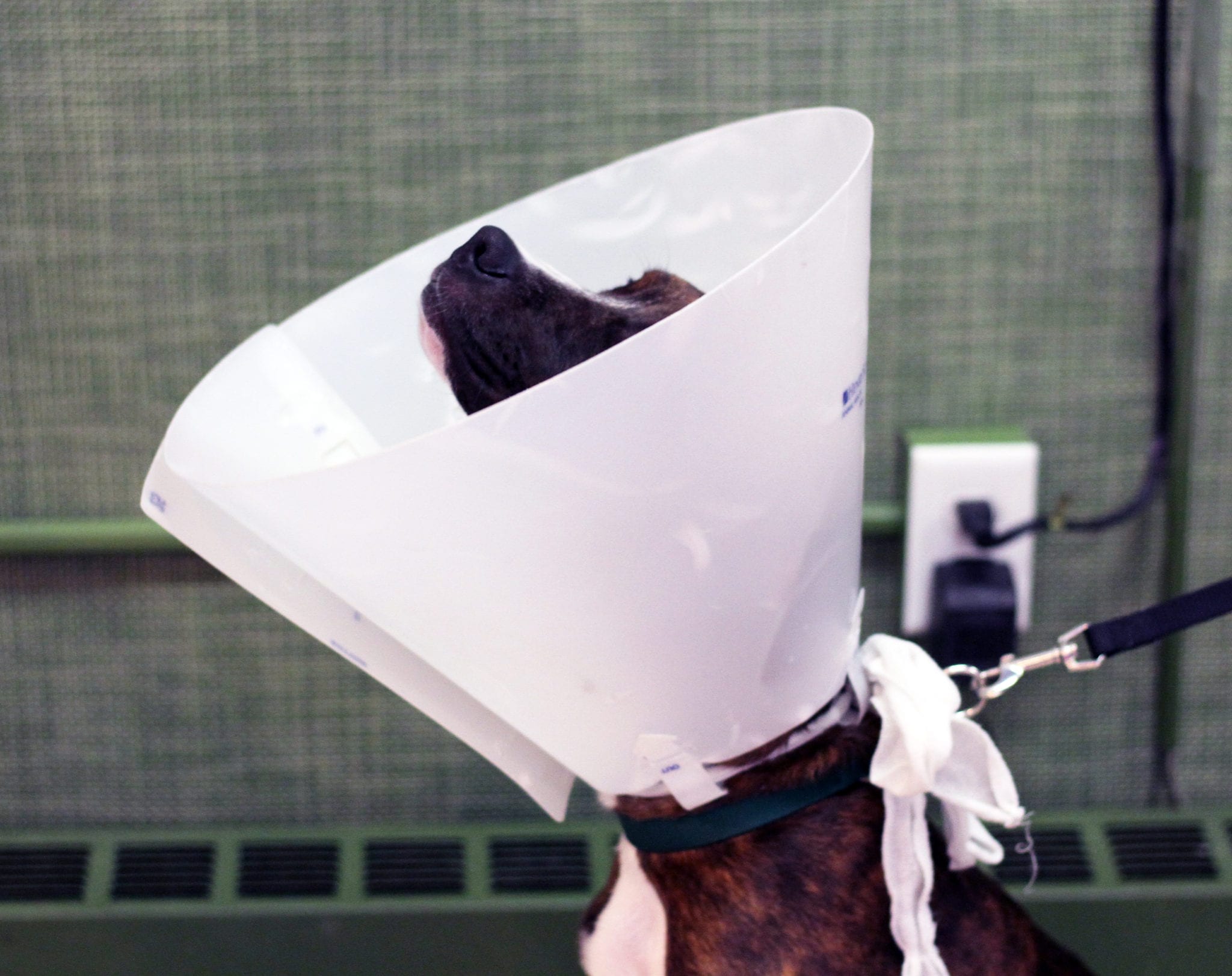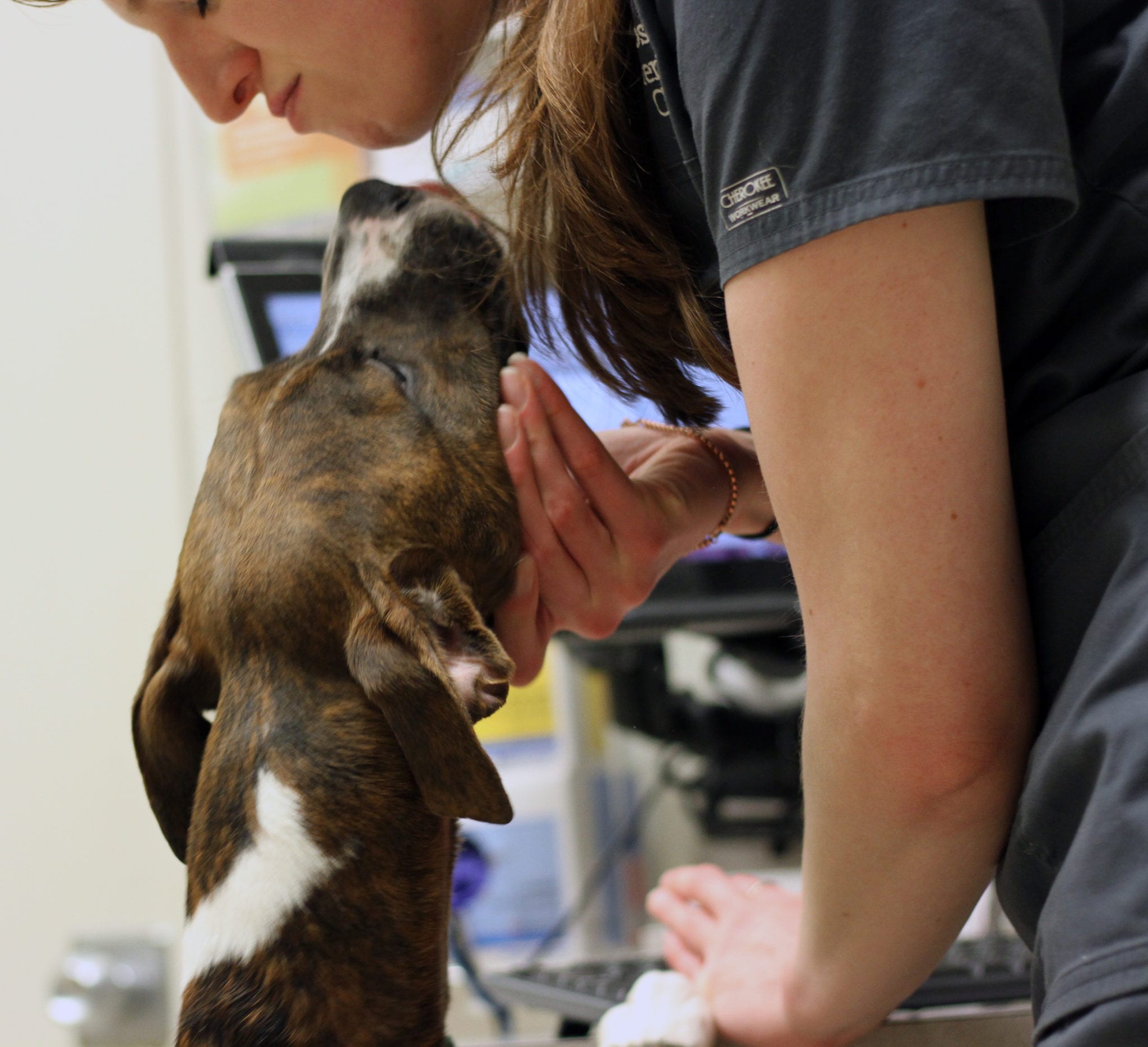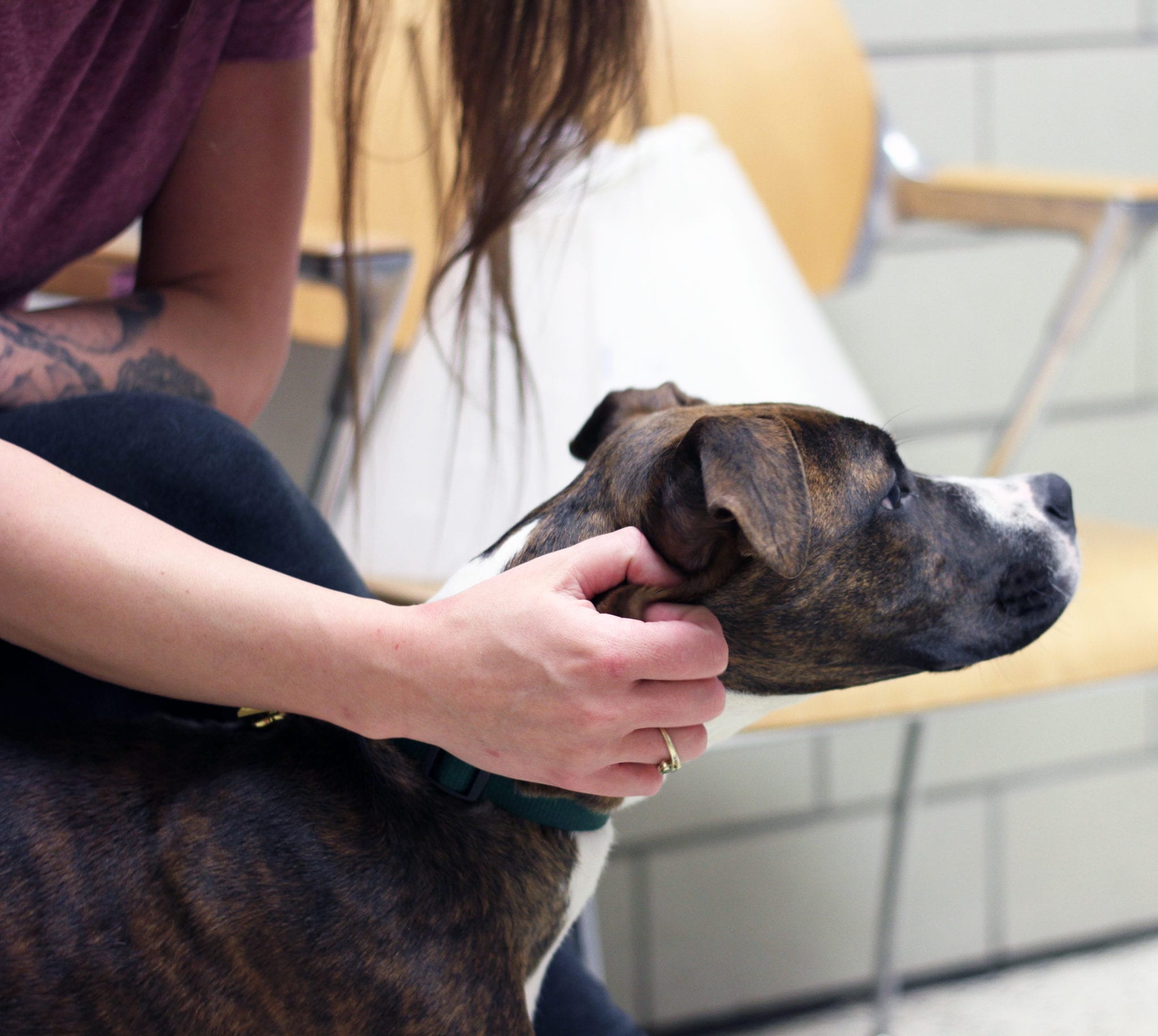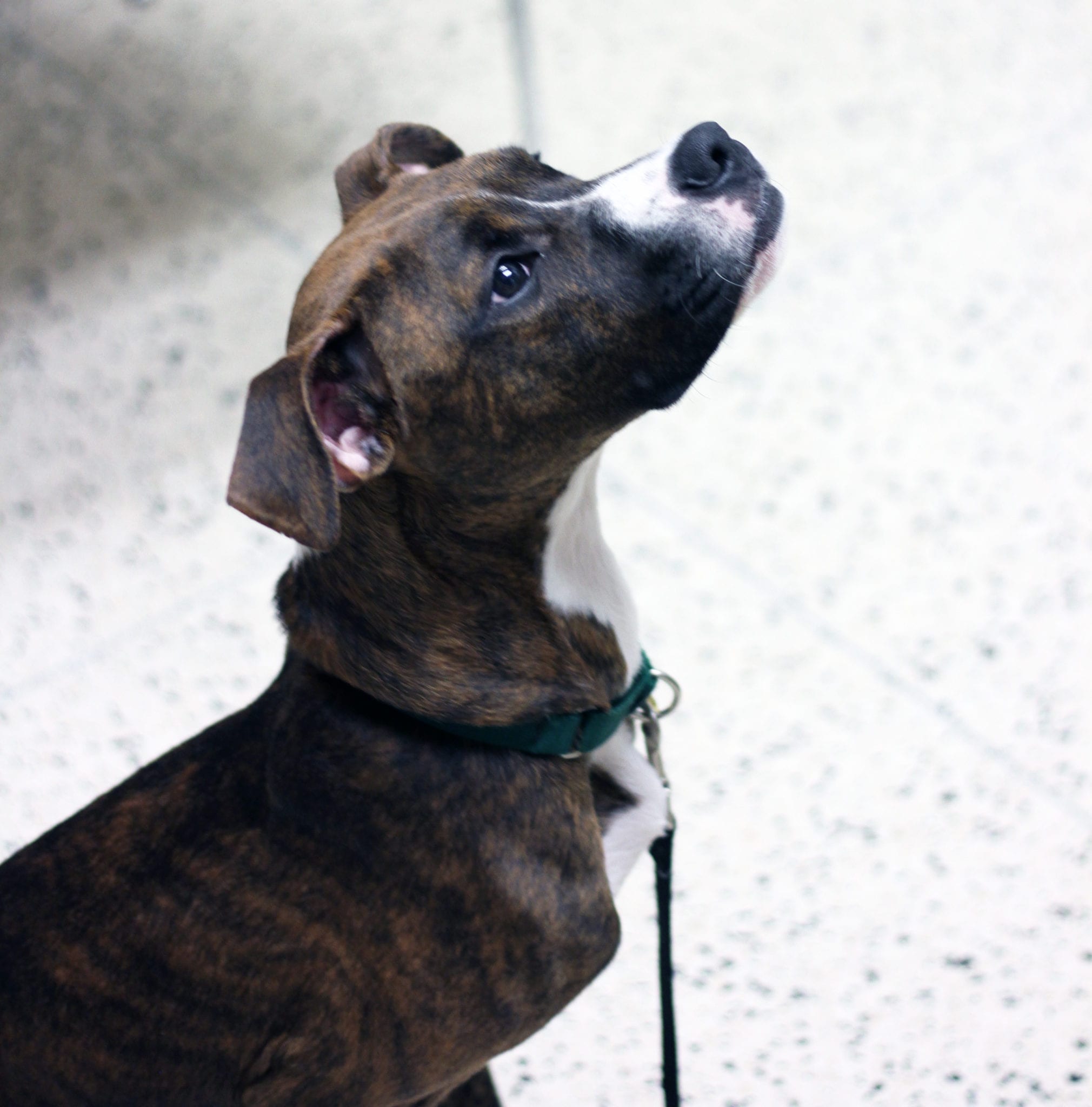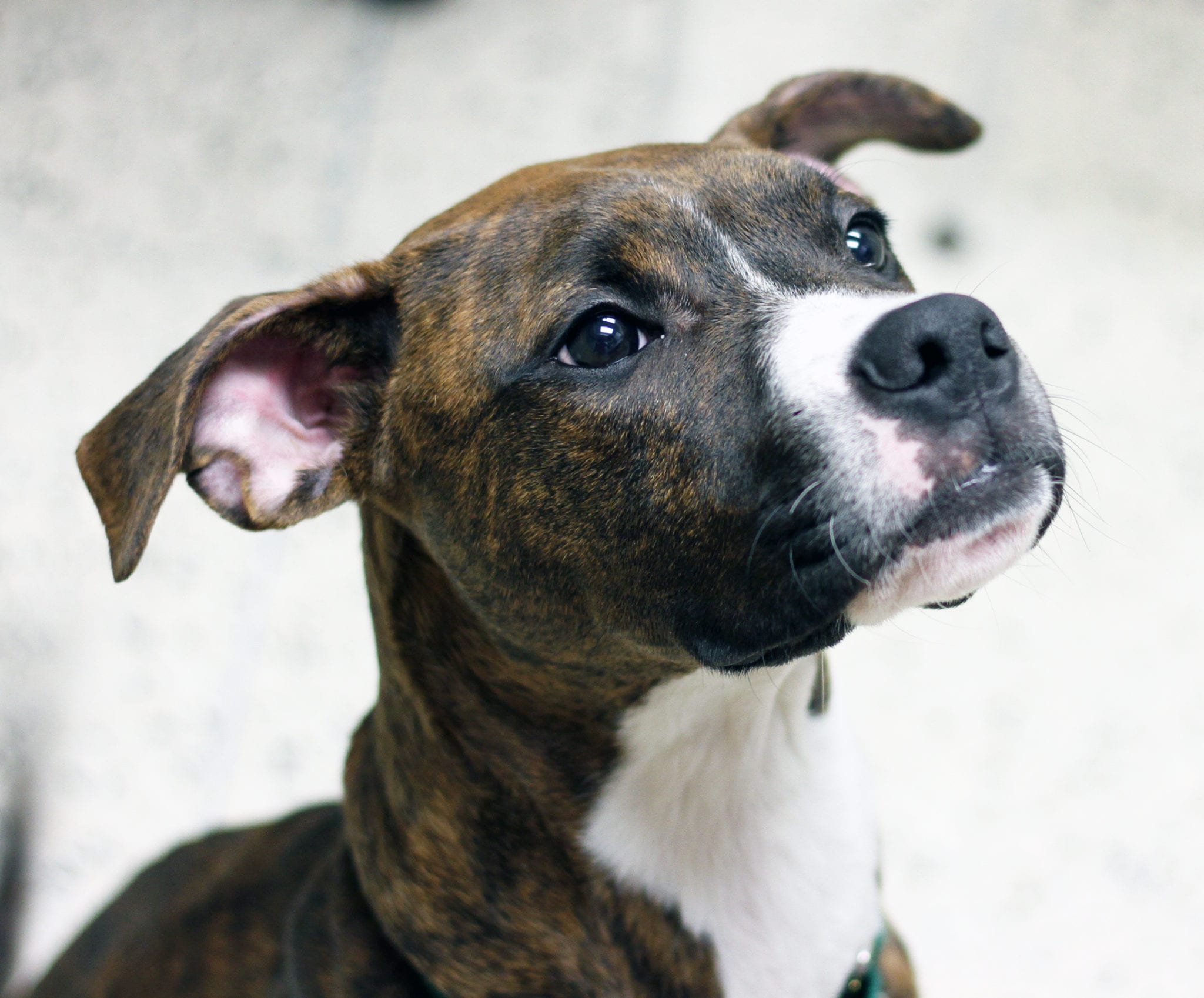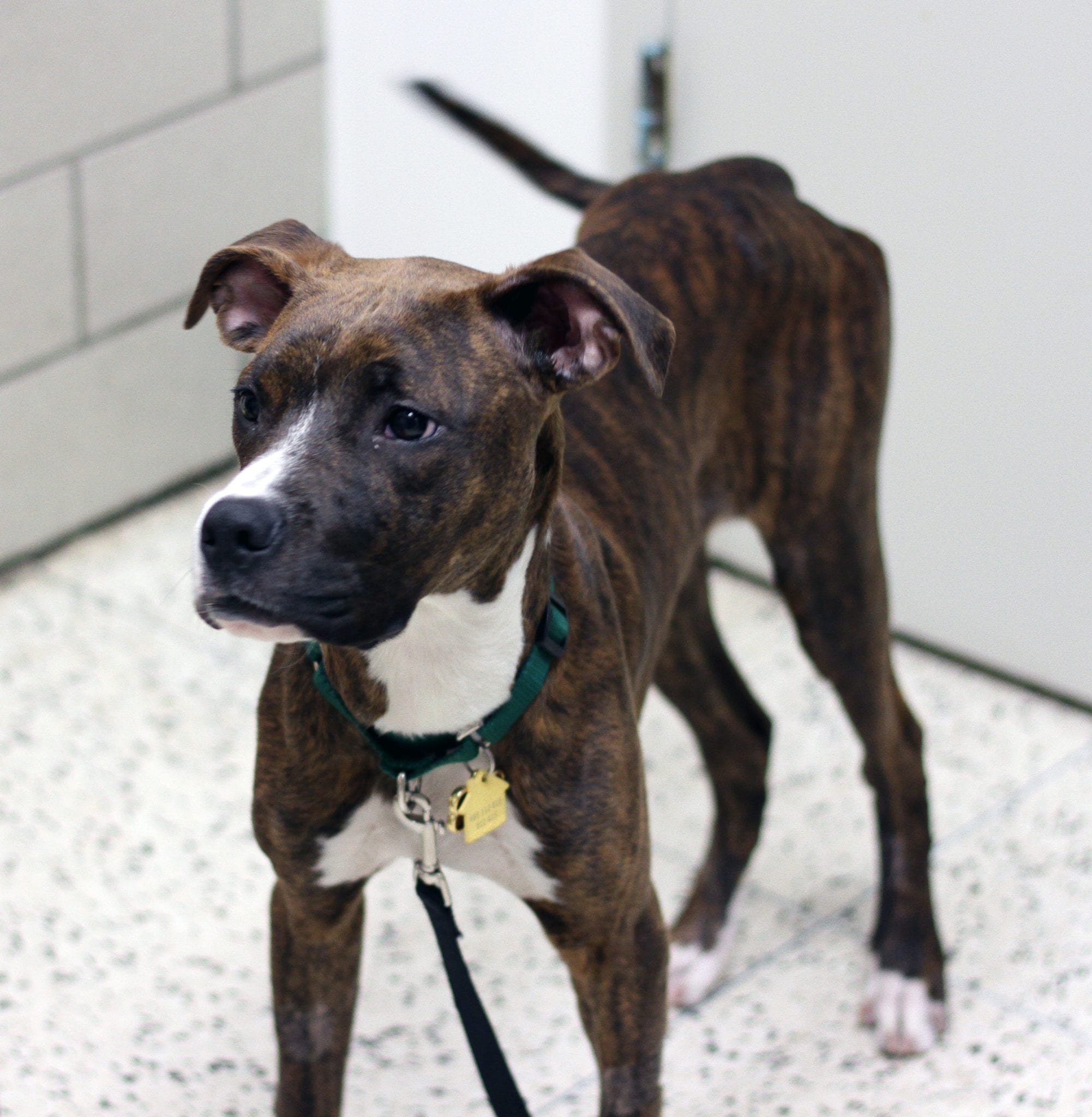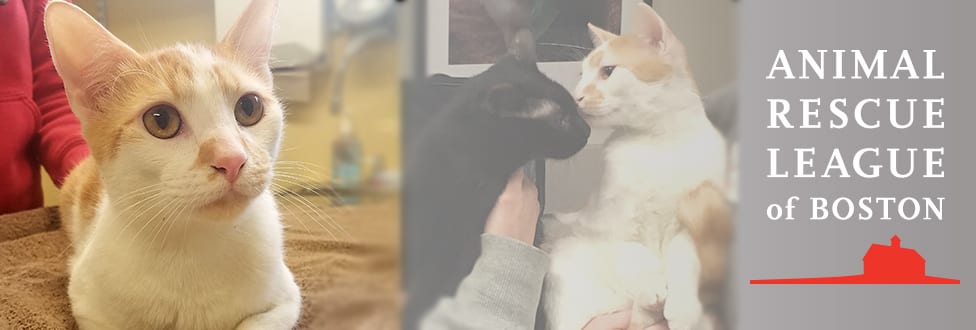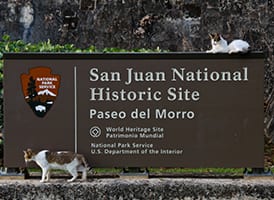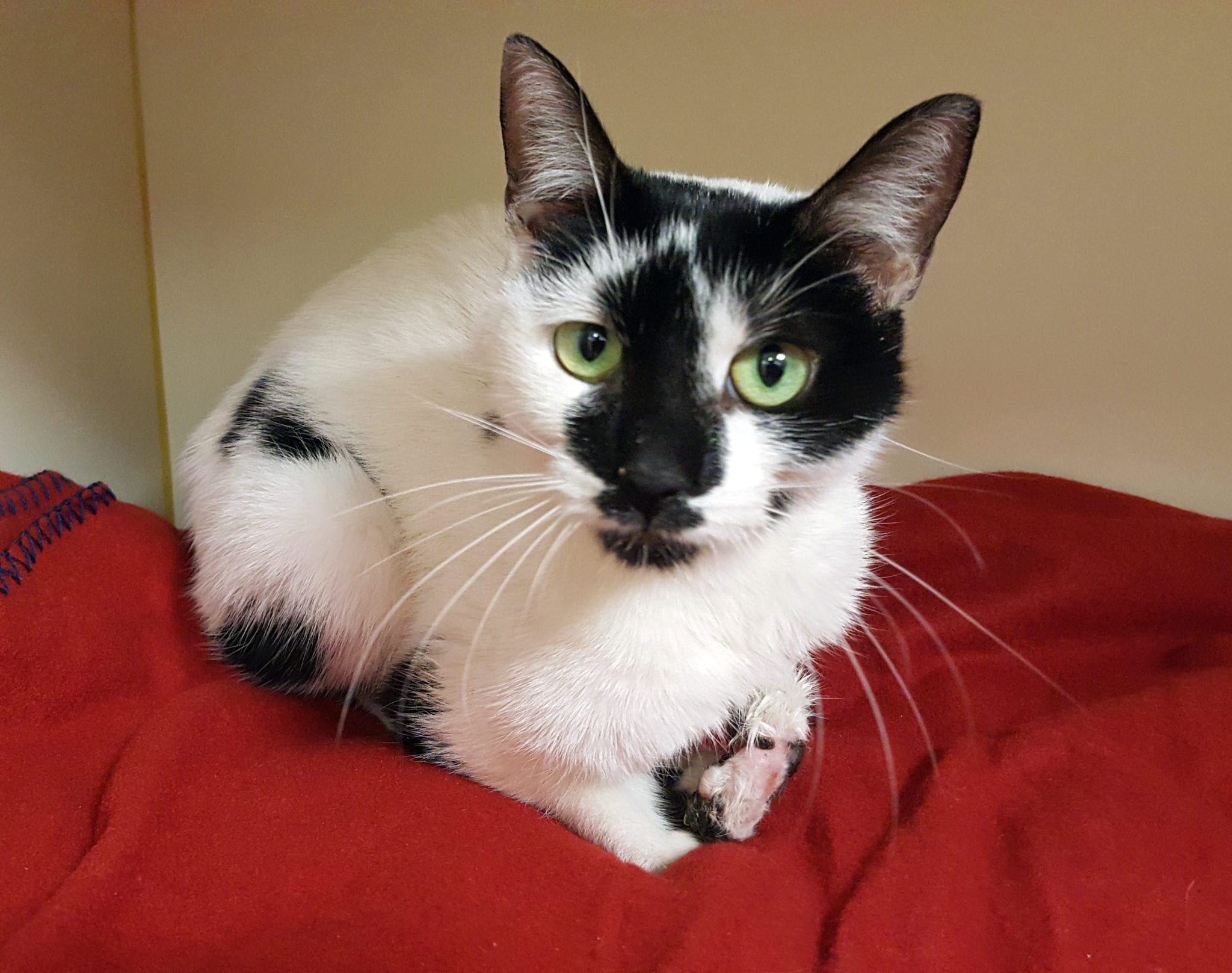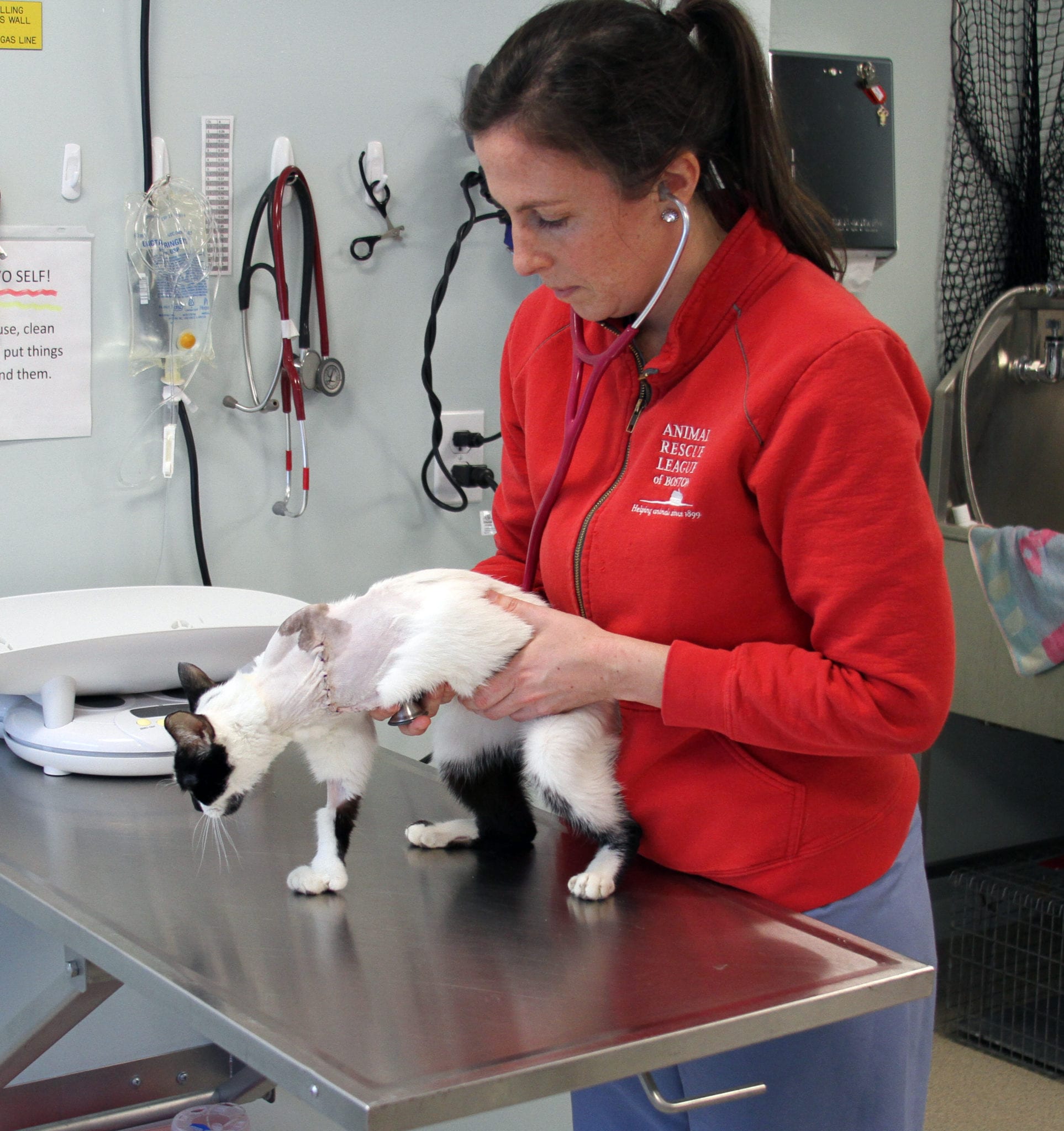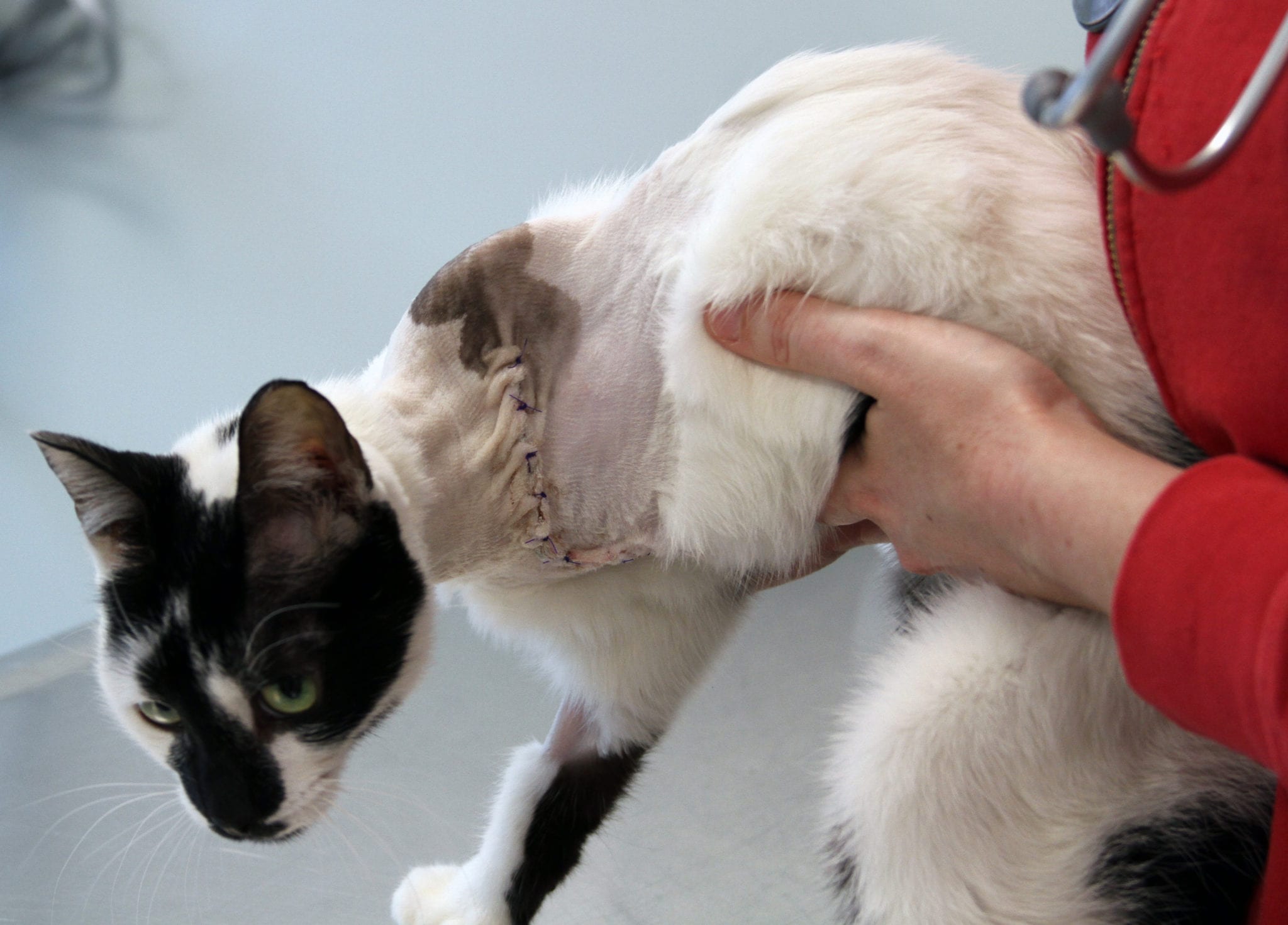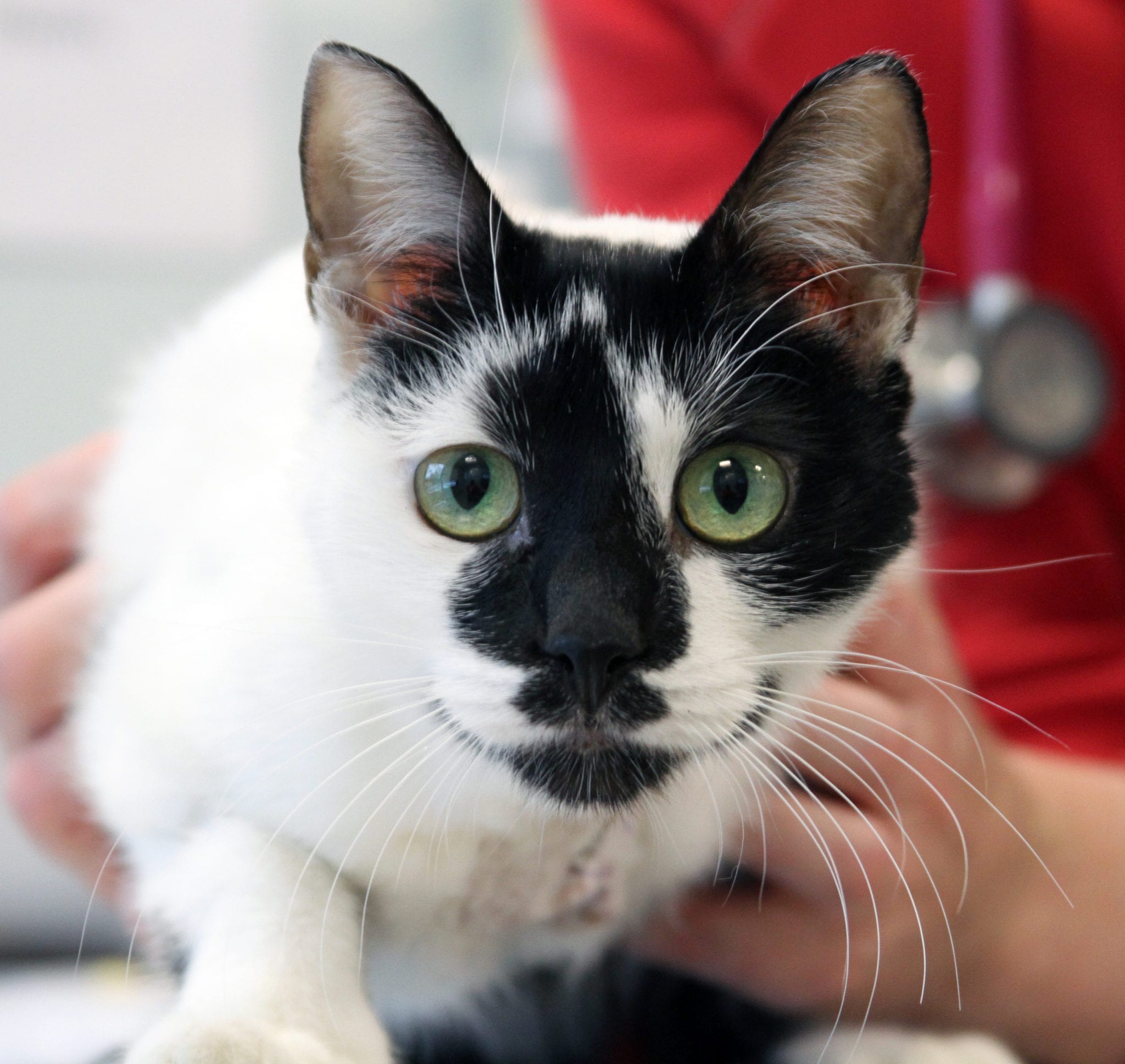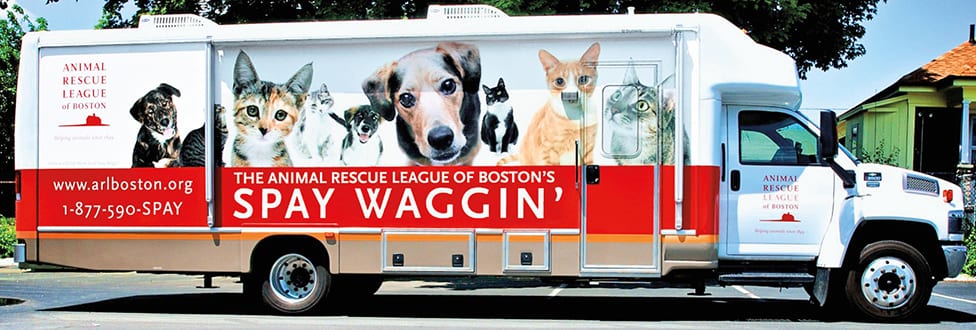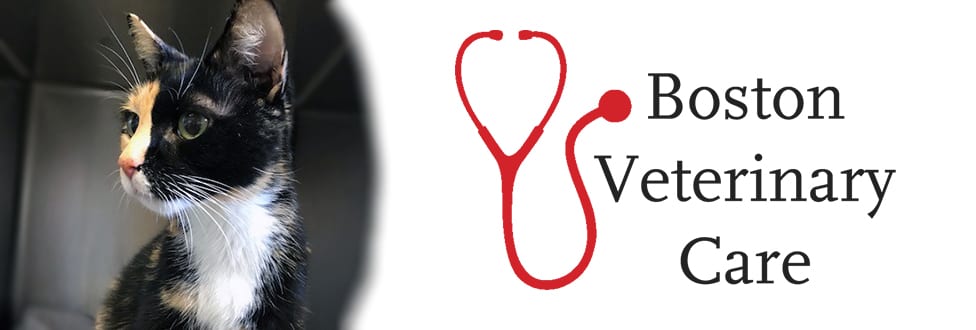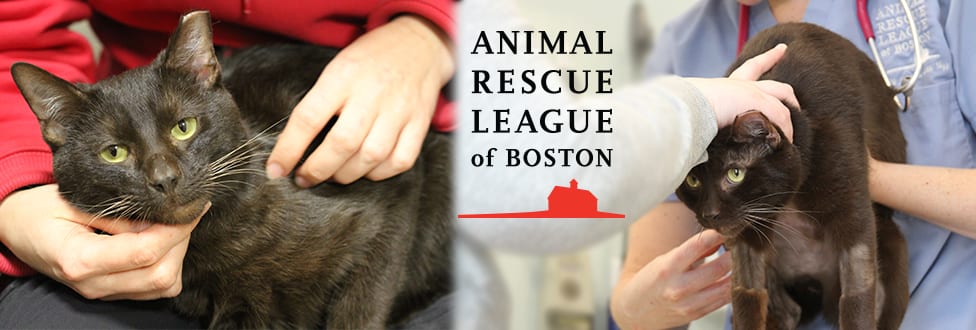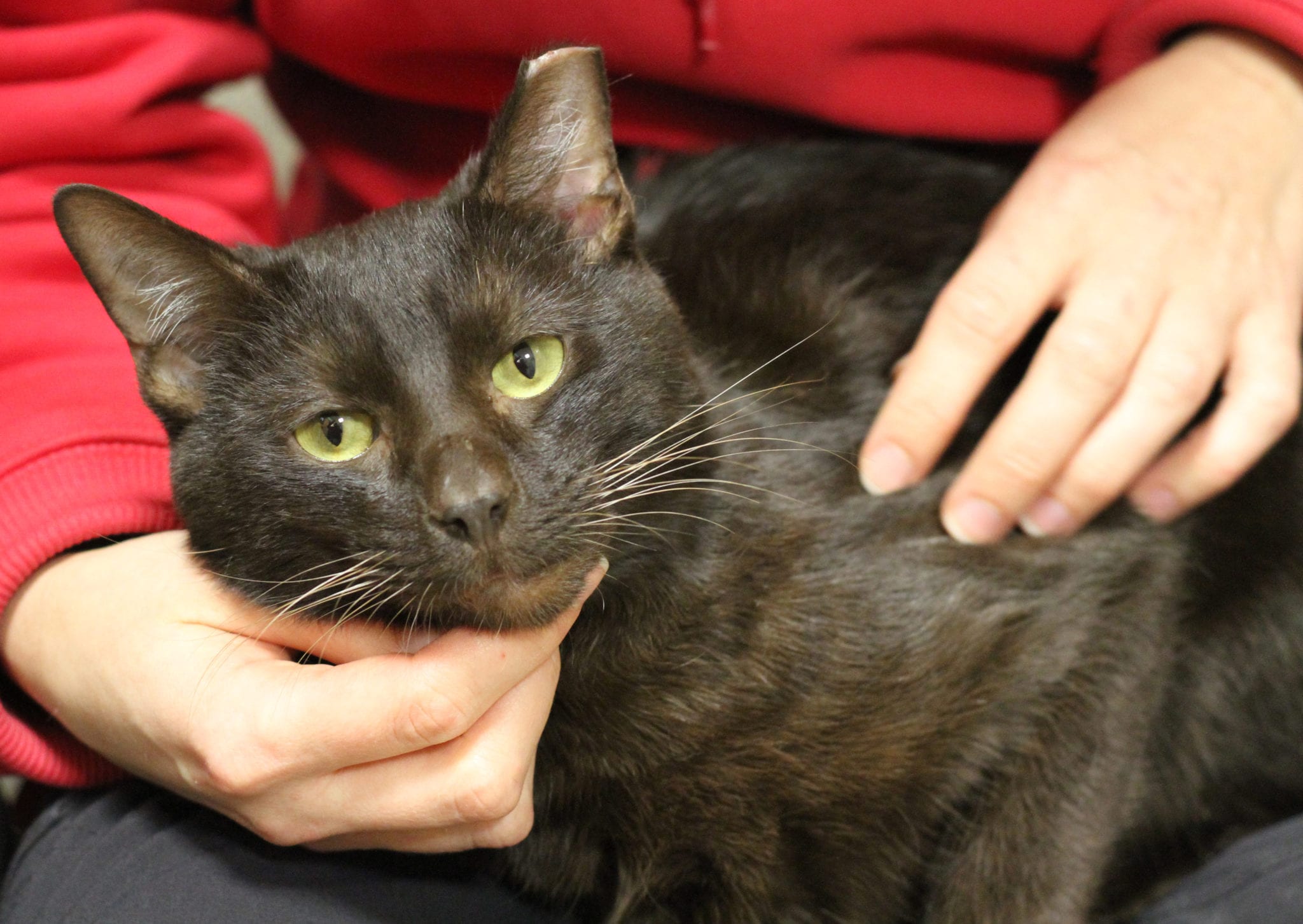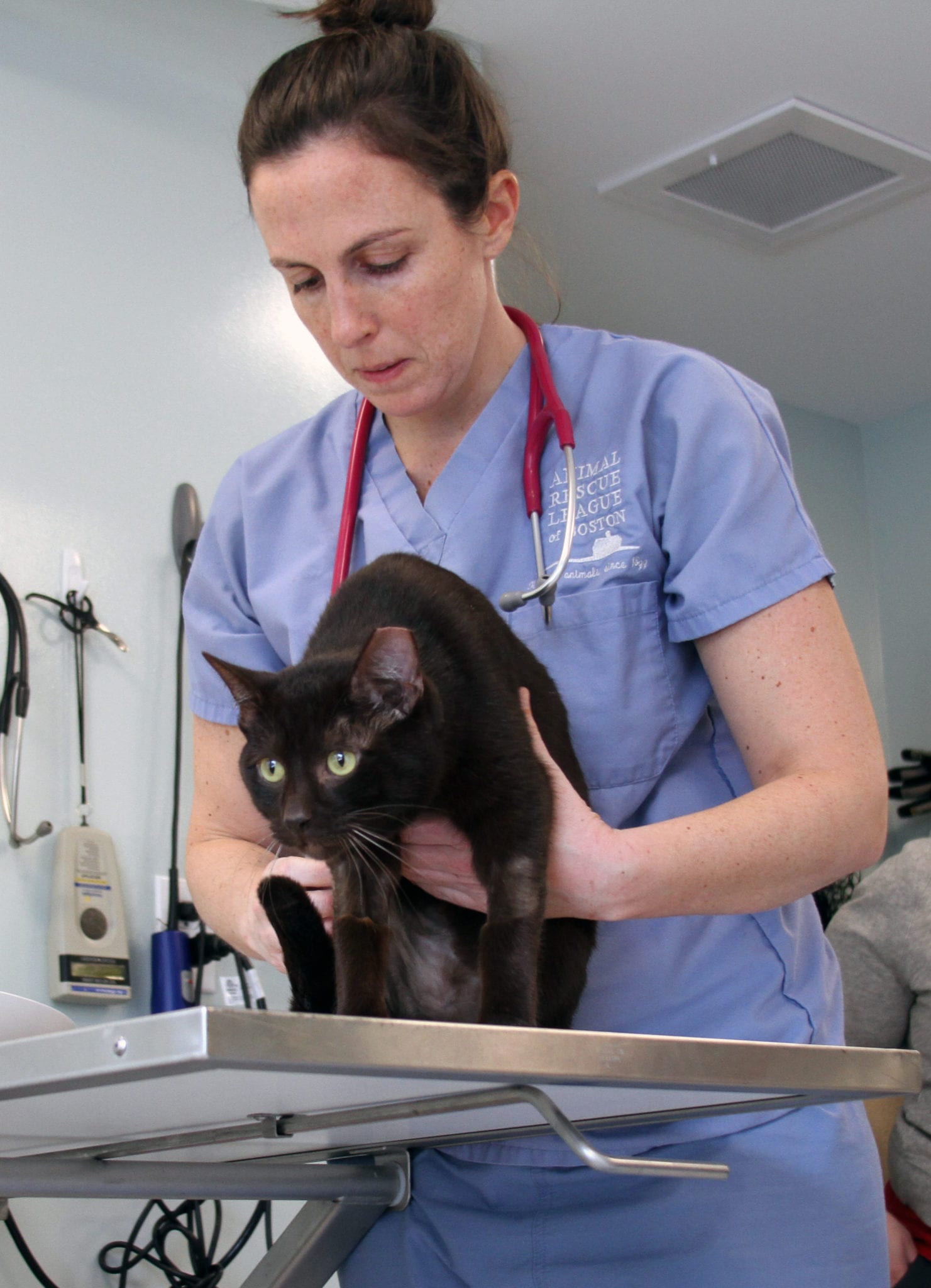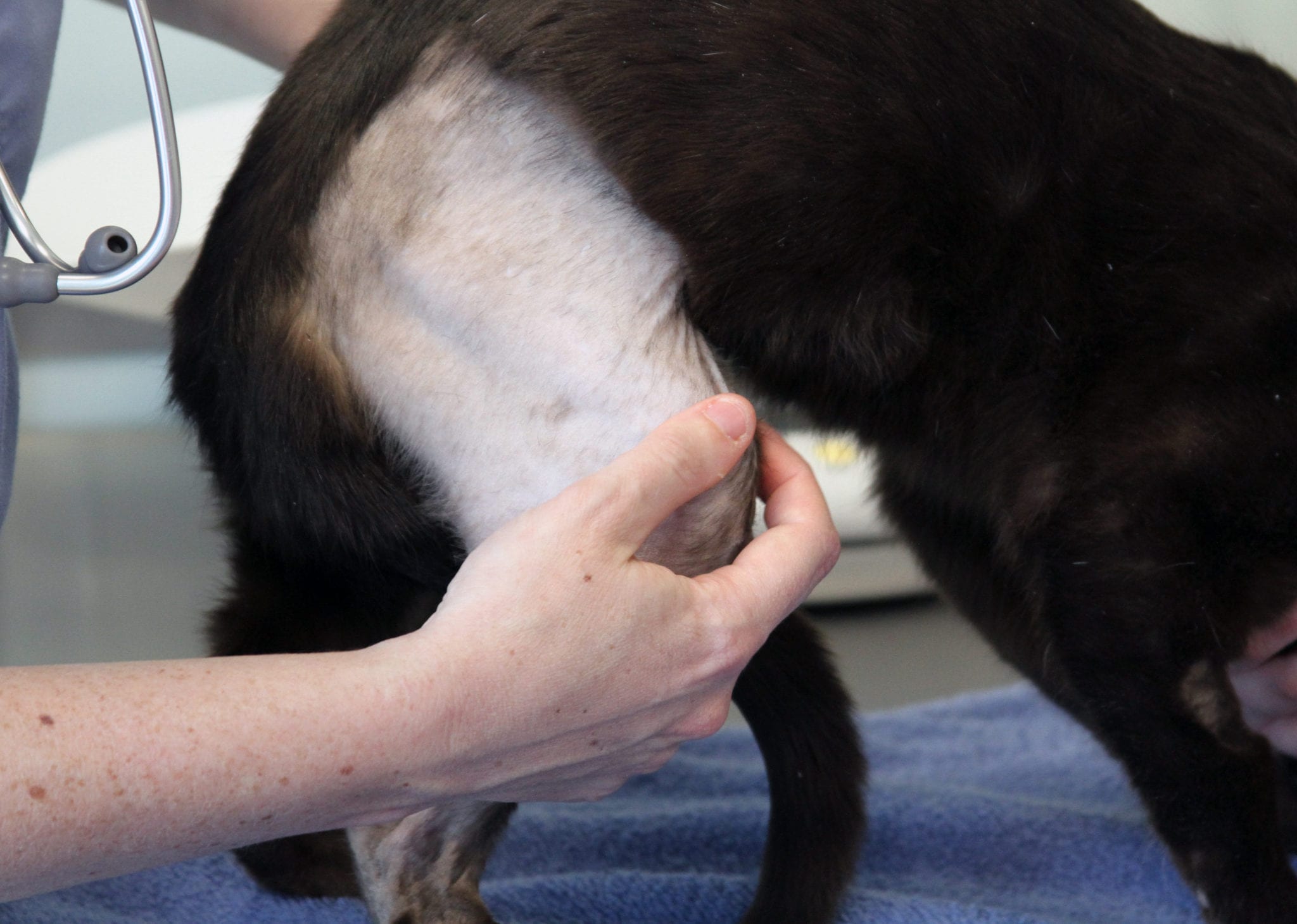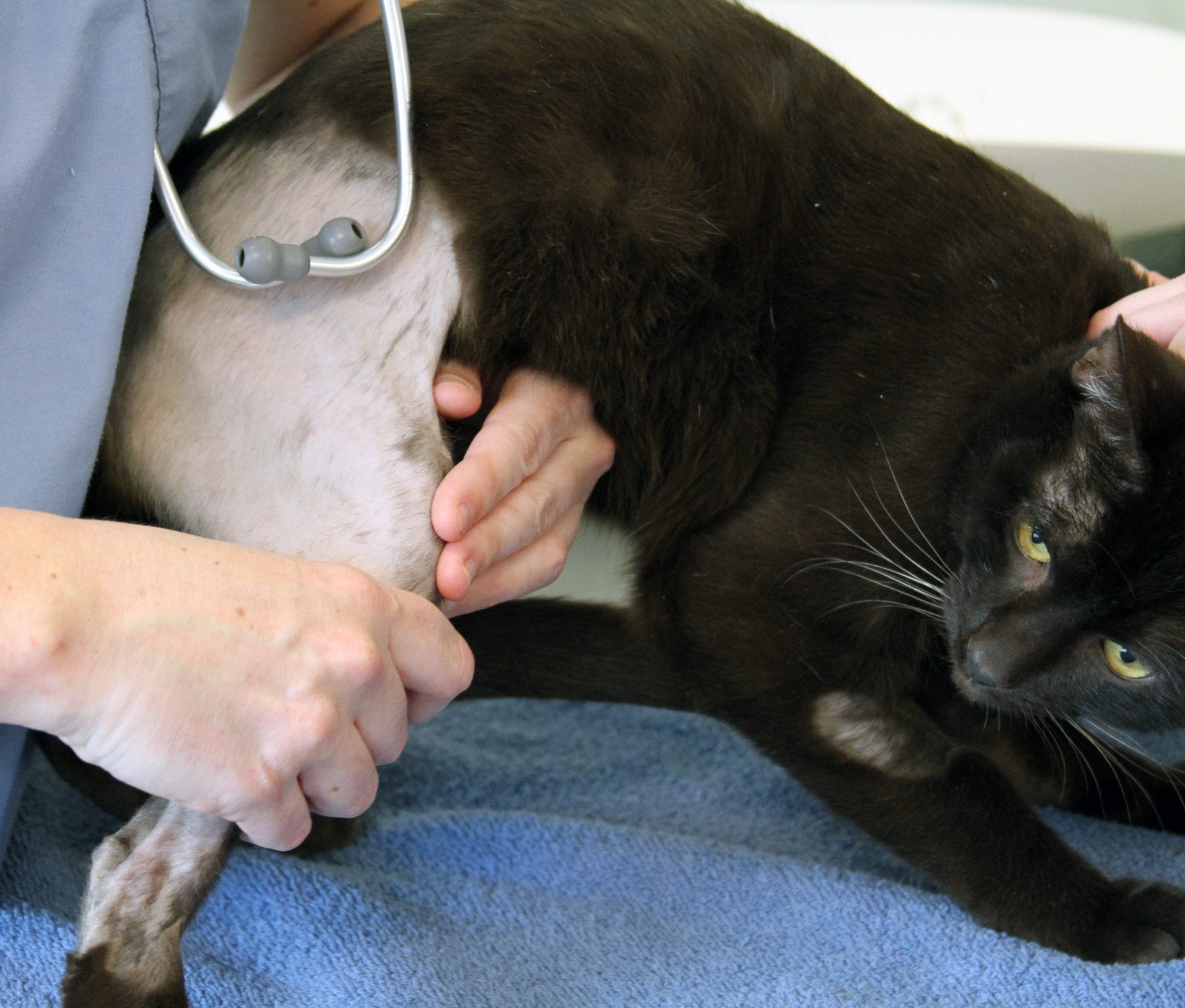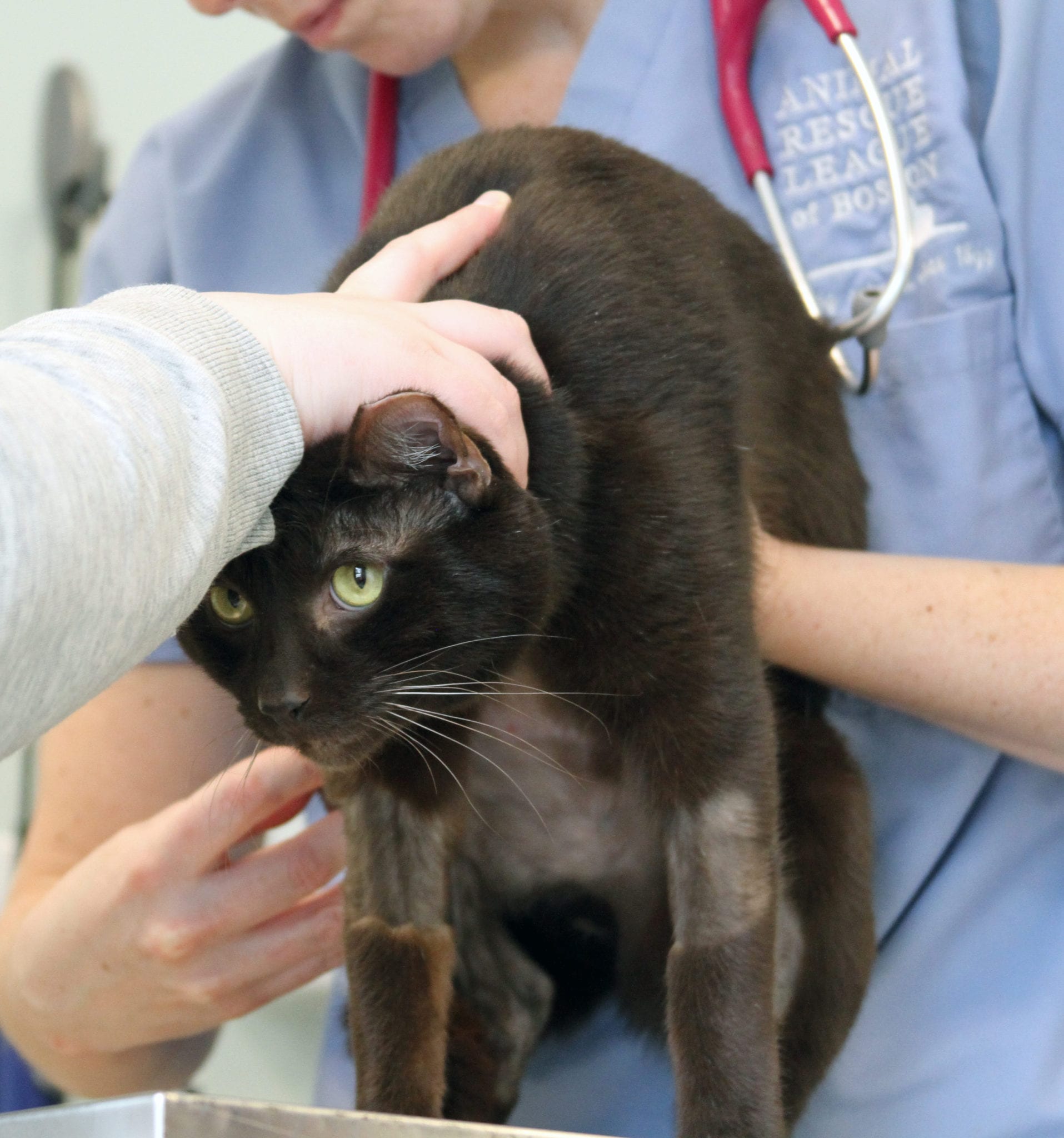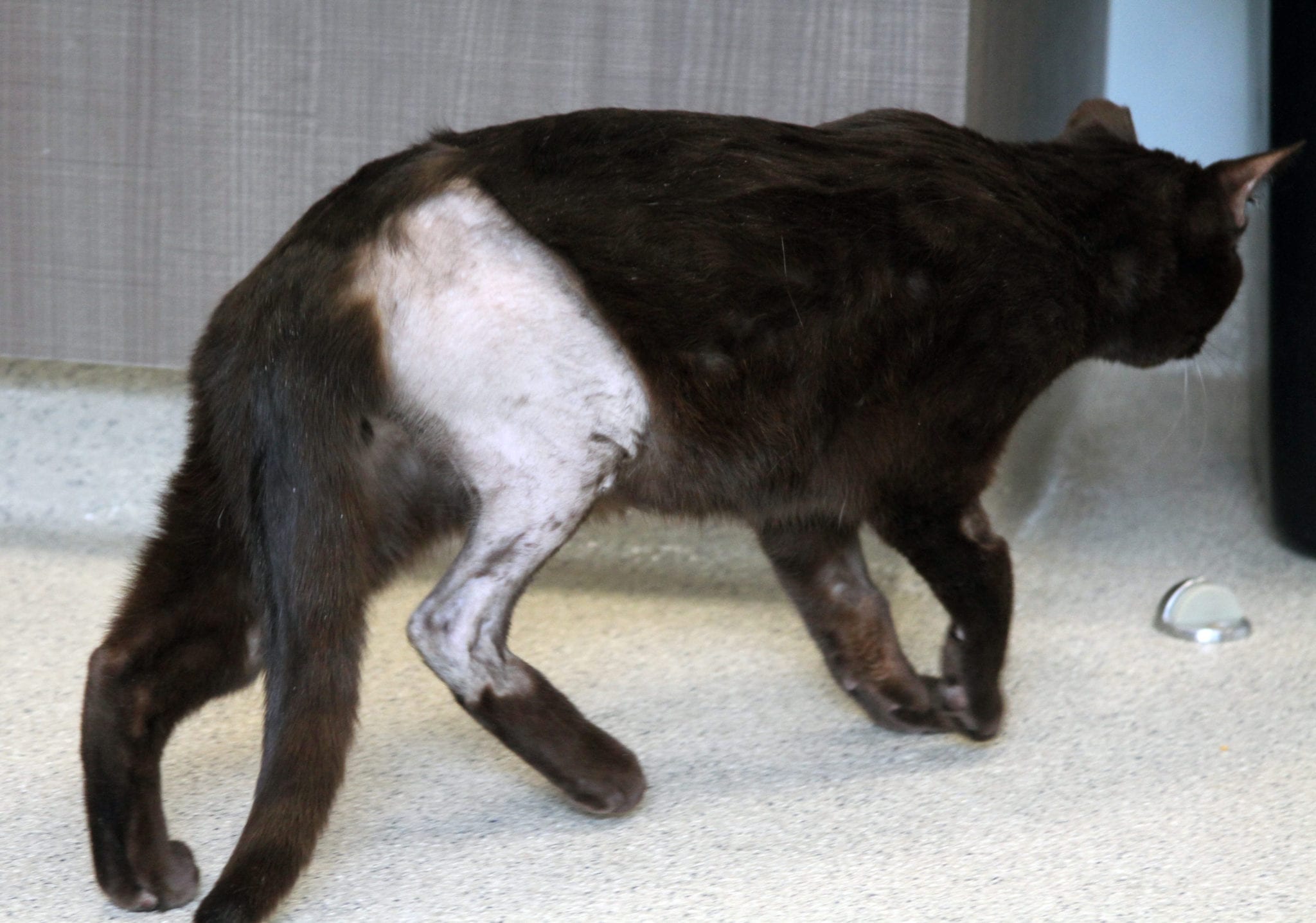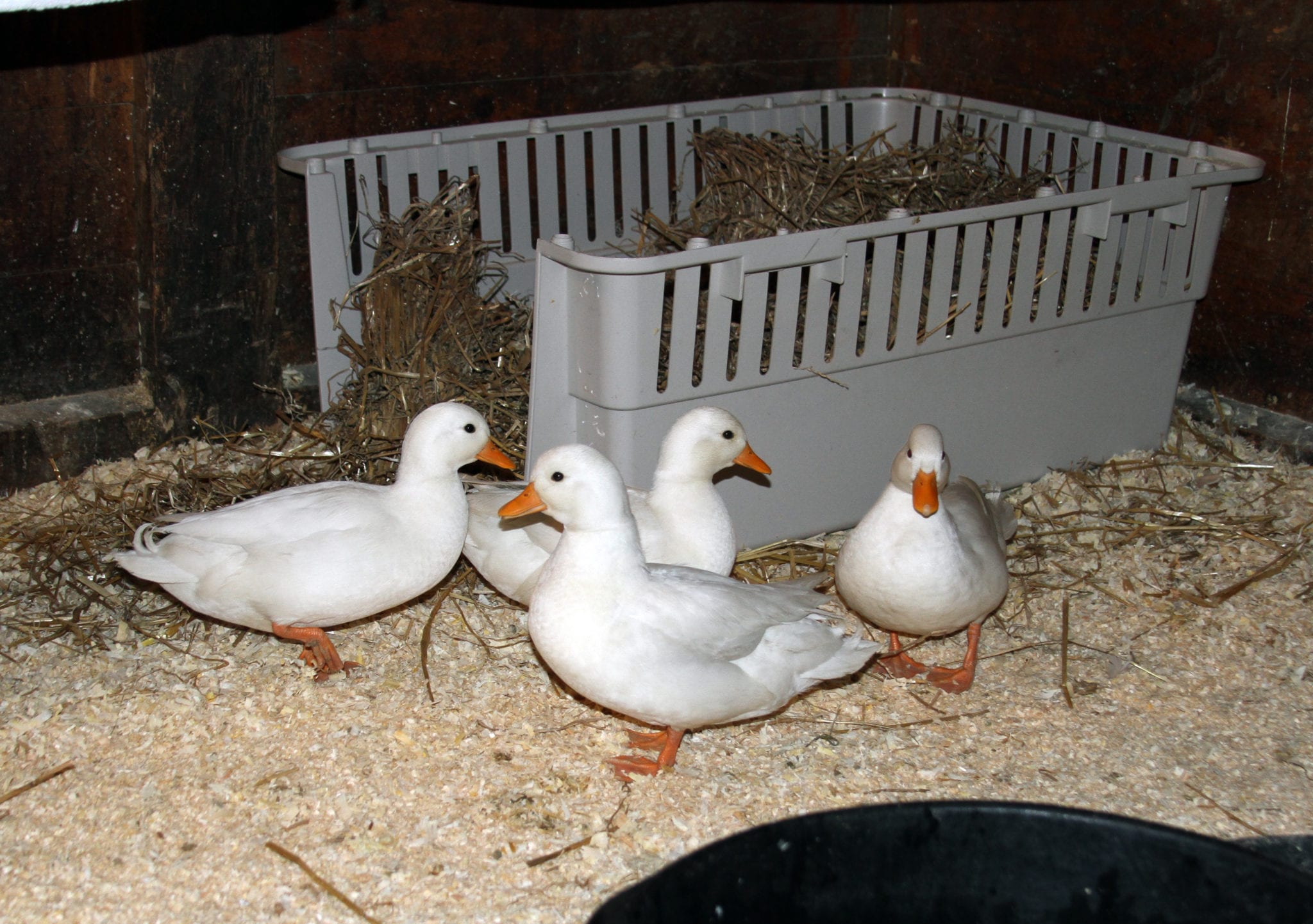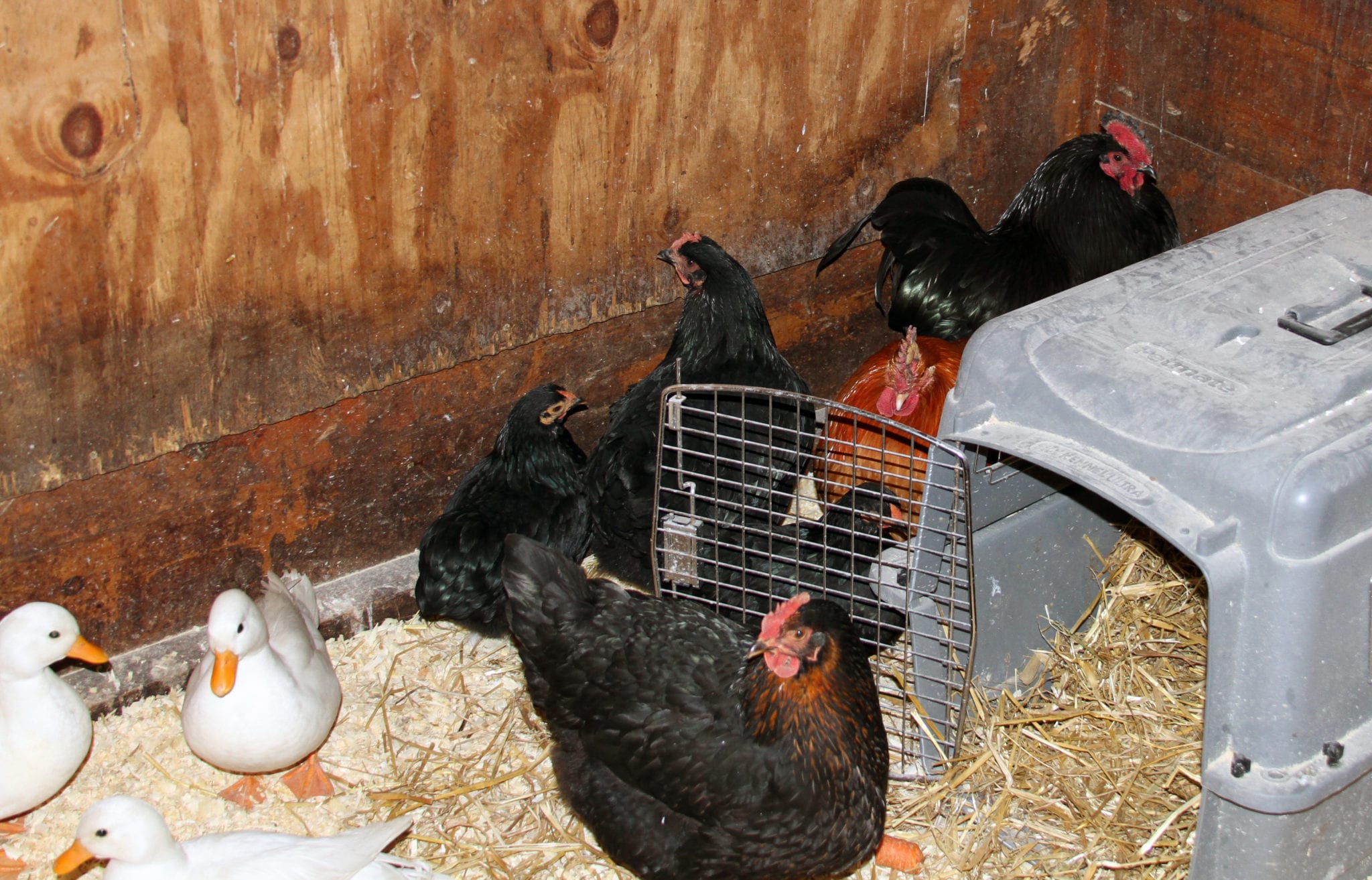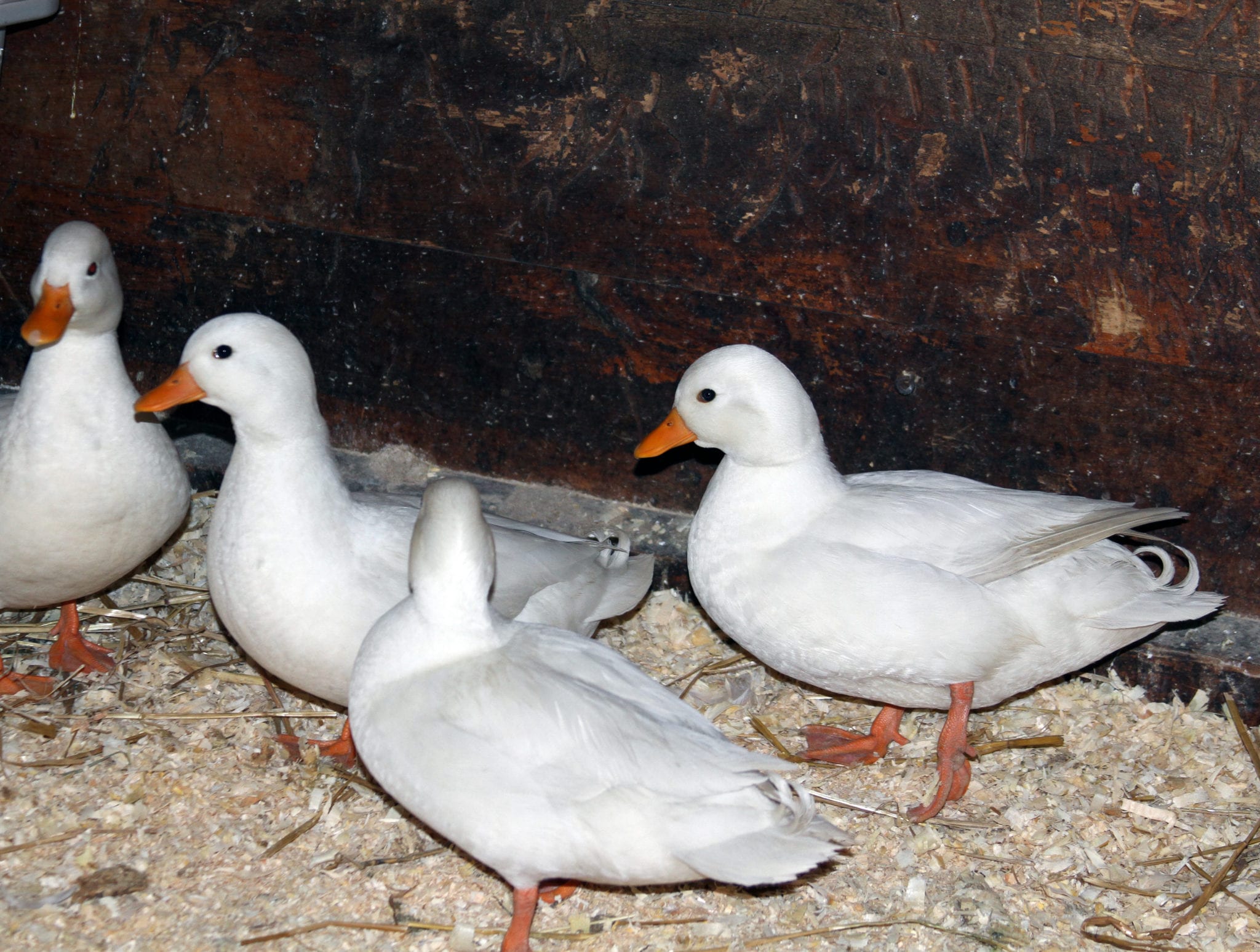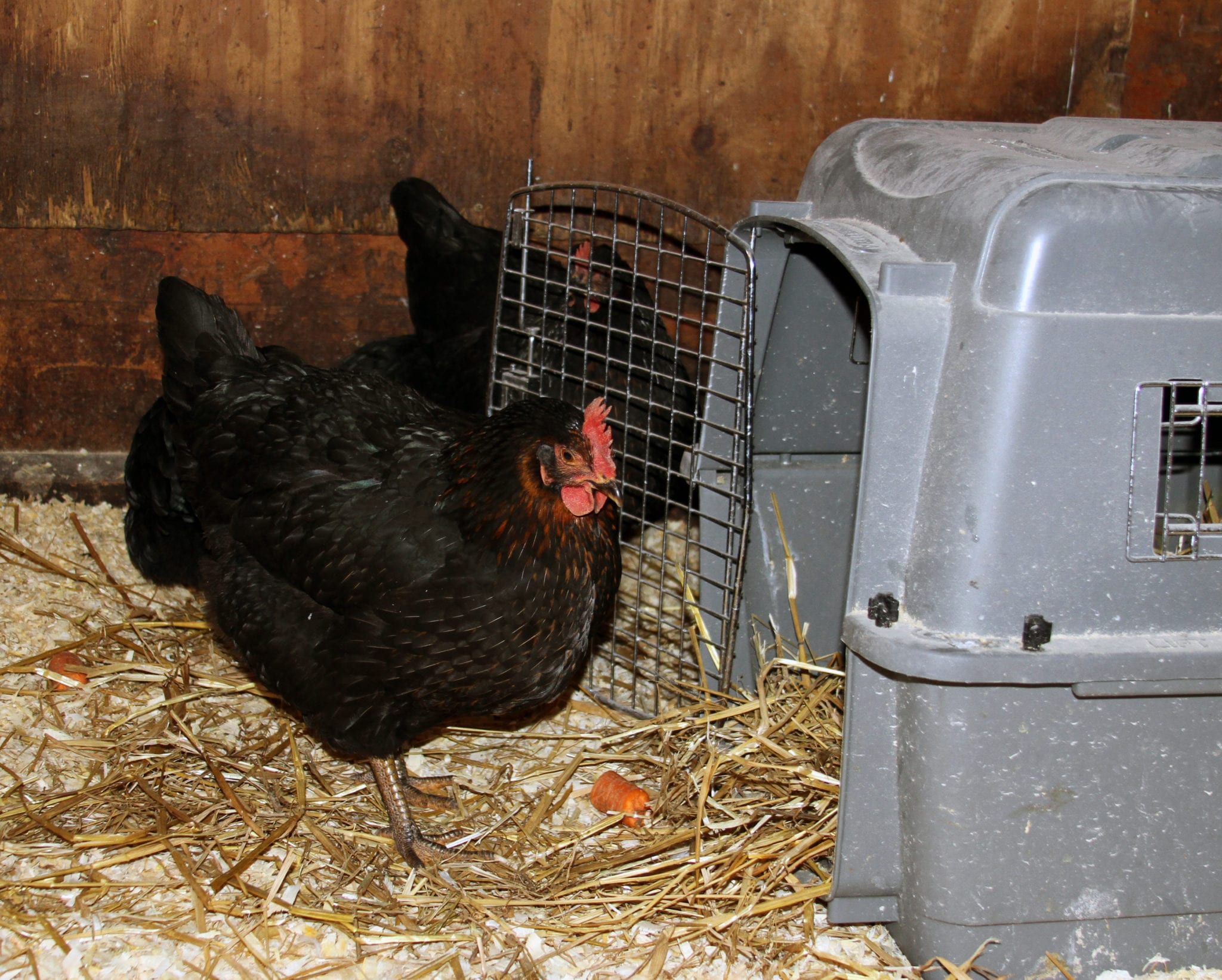ARL Caring for Nearly 60 Animals from Alleged Cruelty Situation
Please note: The animals involved in this case are not available for adoption.
This week the Animal Rescue League of Boston (ARL) assisted law enforcement in Auburn, MA, with the rescue of 60 animals from a residence. According to police, the conditions inside the home were unsanitary, deplorable and unsafe for inhabitance by animals and humans.
Almost all of the animals removed from the home are now in the care of ARL’s Boston Animal Care and Adoption Center. The animals consist of 28 cats/kittens, and 26 dogs/puppies.
Each cat and dog has been thoroughly examined and vaccinated by ARL’s Shelter Veterinary staff. Unfortunately, a significant number of these animals show signs of respiratory infection, flea infestation, urine-stained and matted fur, as well as varying degrees of dental disease.
As authorities in Auburn work on the legal aspects of this case, ARL will continue to ensure that these animals are healthy and happy until the situation is resolved.
Animals need your support now!
The sudden influx of nearly 60 animals puts a heavy strain on ARL’s resources. Please consider making a donation today so that we can continue to provide each and every animal in our shelters with the kindness, care, and compassion that they need and deserve.
Thank you for being a champion for animals in need!





